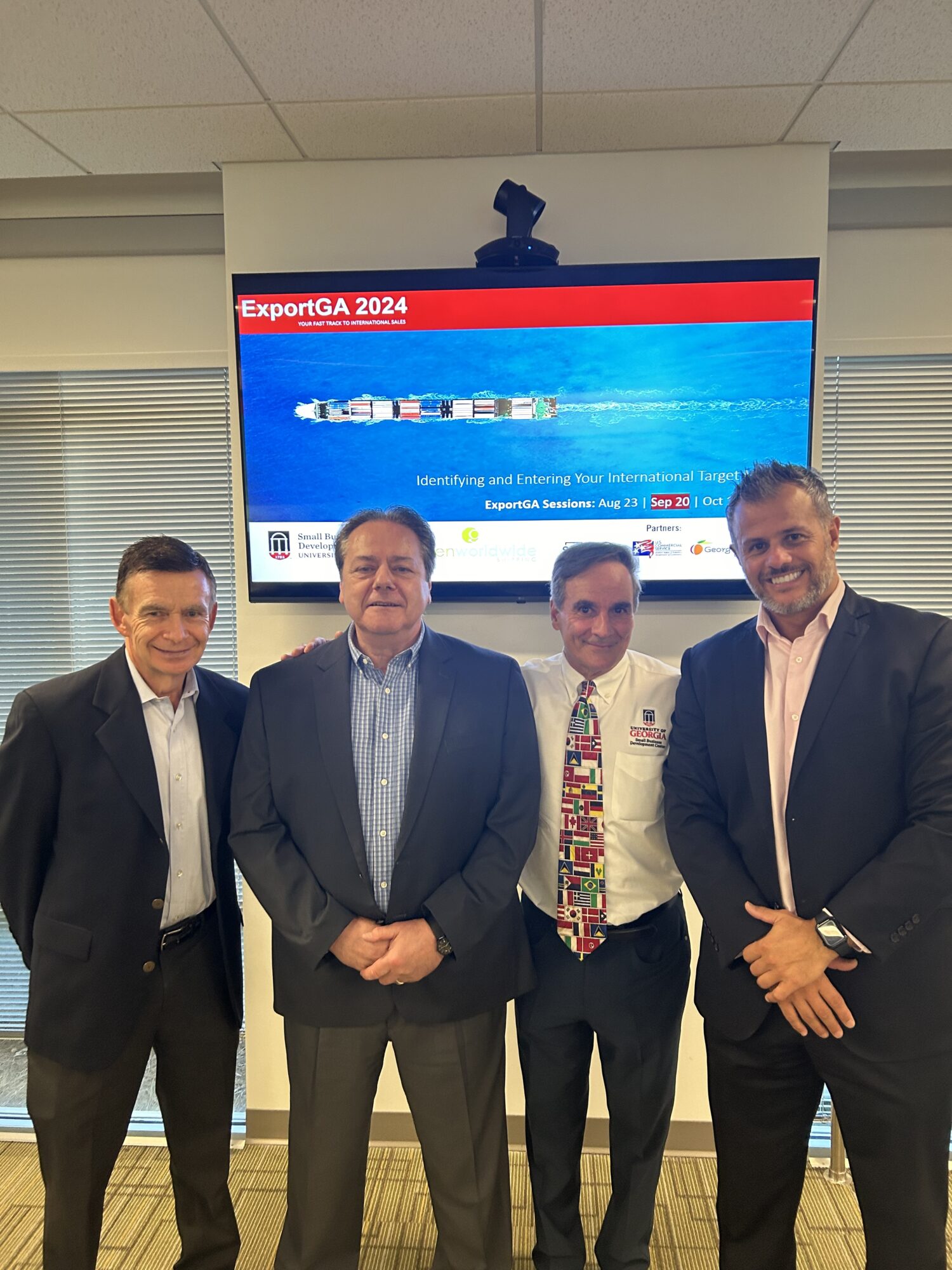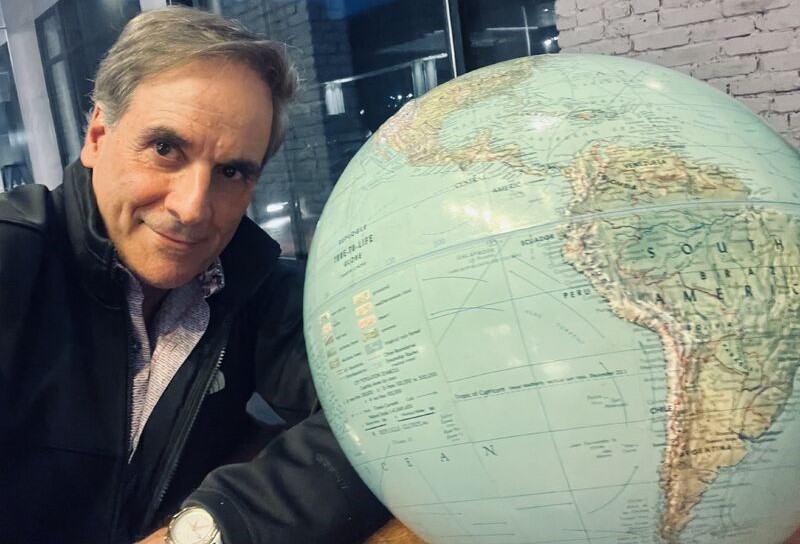 Today we’d like to introduce you to Laurent Kahl
Today we’d like to introduce you to Laurent Kahl
Hi Laurent, so excited to have you with us today. What can you tell us about your story?
I have been blessed to enter the international trade/business world early in life. My father was a multinational business executive working for Sears Roebuck and Company – his work gave us the opportunity to live outside the United States. We lived in six foreign countries which exposed me to many cultures and languages.
Taking advantage of this early upbringing and initial foreign experiences, I decided to get my Bachelor of Arts at Wabash College in Indiana and applied directly to companies that needed individuals that were passionate about international business and that had the necessary cultural and language skills to help them grow their export business.
My first job was selling wood products to Southern Europe and the Caribbean Basin, a role that later gave me a foundation to go into other related international sales positions in the fertilizer, paper and chemical industries.
In addition, I also worked for the Port of Charleston, SC, giving me exposure to international maritime logistics. I went on to create several importing companies based on that experience. This past decade, I decided to take my past experience and apply it to helping other businesses, by going into the international trade consulting field.
I currently work for the University of Georgia Small Business Development Center’s (UGA SBDC) International Trade Center, helping Georgia small and mid-size companies grow their international activities/revenues and employment .
Alright, so let’s dig a little deeper into the story – has it been an easy path overall and if not, what were the challenges you’ve had to overcome?
I think that if you ask any international business executive this question, they will tell you that they experienced many ups and downs – as I did! In my 4 decades working in the import/export arena, I have worked for companies that have gone out of business, companies that have been acquired, and companies that have had large layoffs.
Based on this experience, I’ve noticed that the following obstacles are commonly encountered when going “international”:
1. It takes time to develop your business/sales and penetrate markets
2. It takes additional resources (capital/employees/knowledge/etc.)
3. It takes a long-term commitment and, other “sacrifices” may need to be implemented in your business and products (modifications in product/service, changes in your marketing/business plans/cultural adaptations/etc.)
The payoffs of going “international” are that you can increase your revenues and expand in other markets. This can help you add new customers and help offset your business when there is a recession in the U.S. Companies that sell internationally have opportunity to add additional jobs and can give them a leg up against local competitors.
Thanks for sharing that. So, maybe next you can tell us a bit more about your business?
The UGA SBDC’s International Trade Center helps established small and mid-size Georgia enterprises grow their business internationally though importing and exporting. We offer no-cost international consulting services and education. Our goal is to help increase the number of Georgia businesses that are importing or exporting and to help improve their competitiveness, profitability and longevity.
As a UGA International Trade Consultant, I help business owners:
- Determine the “importability” or “exportability” of their products or services
- Identify appropriate markets, buyers and suppliers (domestic and foreign)
- Develop market entry strategies (both indirect and direct)
- Help with completing international documents
- Help obtain market and international competitive intelligence
- Help enhance marketing/media exposure overseas
- Help overcome market access barriers /IP issues
- Evaluate shipping and distribution networks
- Determine appropriate payment methods and identify export financing-grants and insurance needs
- Connect with resources and an “ecosystem” of service providers: (bankers, lawyers, CPAs, freight forwarder/customs house broker, trade compliance specialist and more)
All UGA SBDC international trade consultants have extensive import and export experience and are highly skilled and educated in this sector.
Is there any advice you’d like to share with our readers who might just be starting out?
For those wanting to work in this space or businesses looking to expand internationally, my first advice is to have a direct focus and specific passion for the international business landscape. As mentioned earlier, after I graduated from Wabash College I knew I wanted to go directly into export sales, with a company that was dedicated in exporting and growing overseas.
In addition, my other advice is to gain skills that will give you an “international edge.” This could be learning additional languages, receiving cultural awareness training, researching international business trends/markets/challenges and learning to enhance your communication skills.
Contact Info:















